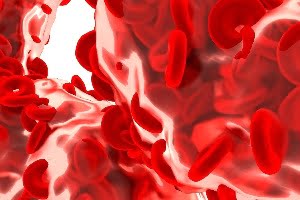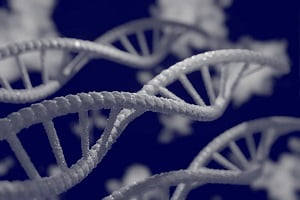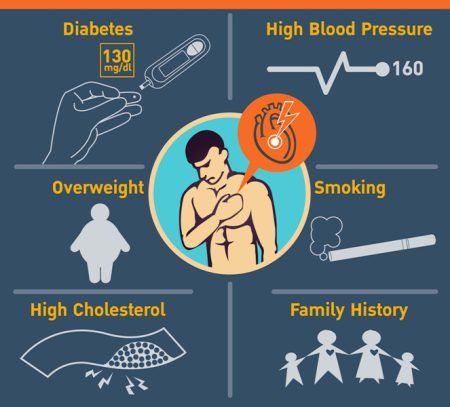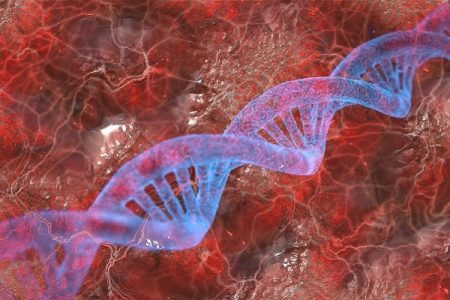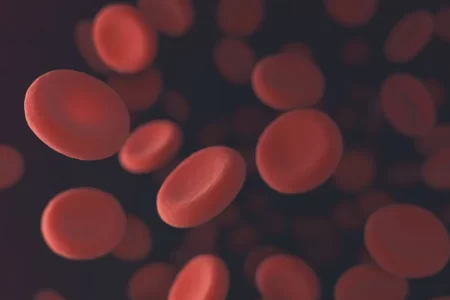Browsing: Thalassemia
Comprehensive Information, Resources, and Support on Thalassemia
Thalassemia is a hereditary blood disorder characterized by less hemoglobin and a smaller number of red blood cells in the body than normal. Hemoglobin is a substance in our red blood cells that helps in the transport of oxygen in our body.
People carrying a genetic trait for thalassemia do not suffer from major problems except mild anemia. A person can have either alpha thalassemia trait or beta thalassemia trait depending upon which unit (alpha or beta) of hemoglobin is affected. People suffering from thalassemia often suffer from a variety of ailments. Since thalassemia traits don’t present major symptoms, such people should consult their physicians to know their ailments’ exact cause.
Cooley’s anemia is often associated with severe anemia which causes symptoms like fatigue, weakness, shortness of breath, dizziness, headaches, and yellowing of the skin, mucous membranes and jaundice. Affected infants often fail to thrive and are unable to grow and gain weight as expected.
Alpha thalassemia occurs when there is a mutation in the gene that codes for alpha globin which therefore results in reduced or absent production of alpha globins. Beta thalassemia occurs with a related change in the beta globin gene.
Thalassemia Thalassemia is an inherited blood disorder which occurs when the body is unable to make enough of a protein…
Thalassemia Thalassemia is an inherited blood disorder that affects the body’s ability to produce oxygen carrying pigment, hemoglobin and red…




